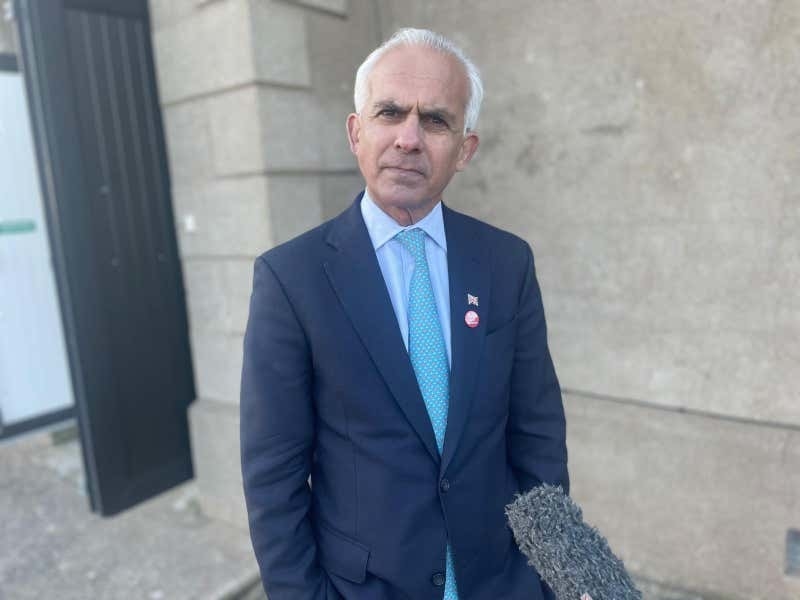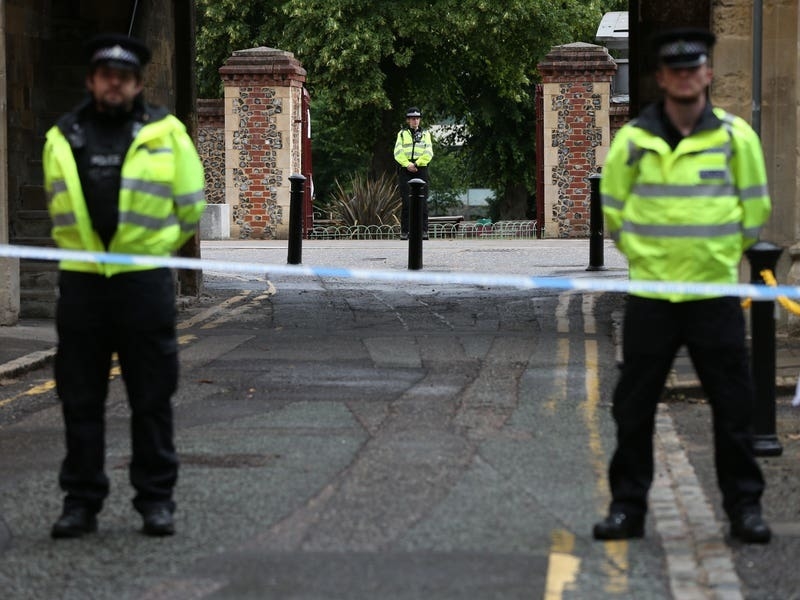In what has been described as a ‘benchmark decision’, the Employment and Discrimination Tribunal ruled that the board breached a ‘collective agreement’ with the Fire and Rescue Service Association by failing to arrange meetings with its representatives when they raised concerns over a new pension scheme imposed on staff.
The union felt that the new Career Average Revalued Earnings pension scheme would leave workers paying increased contributions with reduced benefits.
Bob King, JCSA Prospect’s negotiations officer who represented the FRSA, submitted that the matter should have been settled through a fast track resolution process, as set out in the collective agreement between the union and the SEB, which sets out the rules for dispute resolution.
He argued that the SEB breached this process by failing to invite representatives to a meeting to present their case and by refusing to engage in ‘binding arbitration’ [private dispute resolution without going through costly and expensive legal processes].
The SEB, represented by James Goudie QC – a London barrister at city law firm 11KBW, argued that the fast track resolution process did not apply in this case.
The Employment and Discrimination Tribunal ruled that the union was correct, however.
It is understood that a similar case is pending between the SEB and JCSA Prospect due to a lack of engagement with the civil servants’ union over this year’s pay dispute.
FRSA president Craig Channing said that the collective agreement sets out special negotiation arrangements for the union to stop firefighters from taking industrial action.
‘As recognised trade union representatives with the employer we expect a level of fairness and openness in order to achieve our desired goals, not only for us but also for the employer,’ he said.
‘A lot of unions, such as all of the uniformed services, have hard-fought agreements that prevented us from taking any form of industrial action, as would be expected of us from the public of Jersey who pay our wages, in return for clear, open dialogue leading to a full negotiated settlement.
‘This has not happened. Not with us over pay and pensions, nor with any of the other uniformed groups or teachers and civil servants. This cannot be allowed to continue if Jersey cares about its public services.’
He added that the ‘big question needs to be asked’ why the SEB choose to hire an expensive UK barrister to represent them in a tribunal rather than sitting down with union representatives.
‘The States has a huge law department and it was the States’ own law office that submitted their response to our claim,’ he said.
‘It was only at the hearing that we heard that they had hired the services of a High Court QC to represent them at the hearing.
‘This demonstrates to us the level of importance they placed on this matter, but also begs the question why they have a high paid law office team in the first place.
‘It also clearly shows to us that the SEB don’t care about wasting money on a highly expensive legal defence, but won’t invest any funds into the future of front-line services. It’s utter contempt.’
Mr Channing said that the tribunal’s decision was ‘welcomed’ by the union and would ‘set a precedent’ for the SEB to follow procedure during future negotiations.
A States spokeswoman said that the SEB was ‘disappointed’ by the tribunal’s decision and would review the judgment ‘in more detail’.
She added: ‘The SEB felt that the terms of our collective agreement did not apply to the pension scheme dispute because changes to the pension scheme were made by the States Assembly and were changes to the law, rather than policy.
‘The SEB, as an employer, cannot change the law.’






